When it comes to walking your large dog, choosing between a harness and a collar can be a difficult decision. Both options have their pros and cons, and understanding the primary purposes, advantages, and disadvantages of each is crucial in making the best choice for your furry friend.
In this article, we will explore the benefits and drawbacks of harnesses and collars, consider factors such as safety, comfort, and control, and provide useful tips for selecting the most suitable option based on your dog's breed and individual needs.
Defining Harness and Collar:
A harness is a piece of equipment designed to be worn around a dog's body, typically encompassing the chest and back area.
It features straps that distribute the dog's pulling force evenly, reducing strain on the neck and offering better control.
On the other hand, a collar is a band that encircles the dog's neck, often equipped with a leash attachment point.
It is primarily used for identification purposes, providing a place to attach tags and keeping the dog's collar intact.

Primary Purposes:
Harnesses are widely recommended for dogs that pull excessively or have respiratory issues. They offer enhanced control and a gentler approach to leash training, discouraging pulling behavior.
Additionally, harnesses are useful for dogs with delicate necks or spinal conditions as they distribute pressure more evenly. Conversely, collars are commonly used for well-behaved dogs, serving as a means of identification and providing a convenient attachment point for leashes.
Advantages and Disadvantages:
Safety:
- Harnesses: Harnesses are considered safer than collars due to their design, which reduces the risk of neck injuries caused by pulling or sudden jerks.
- Collars: Collars may pose a higher safety risk, especially for dogs prone to respiratory issues or breeds with delicate necks.
Comfort:
- Harnesses: Harnesses tend to be more comfortable for dogs, as they distribute pressure across the body rather than concentrating it on the neck.
- Collars: Some dogs may find collars uncomfortable, particularly those with thick necks or breeds susceptible to tracheal collapse or injury.
Control:
- Harnesses: Harnesses provide better control over strong or reactive dogs and are a preferred option for leash training.
- Collars: Collars may offer less control, especially for dogs that pull forcefully.

Breeds and Suitability:
Large Breeds with Delicate Necks:
Breeds such as Greyhounds, Dachshunds, and Whippets have thin necks and a higher risk of neck injuries. Harnesses are generally recommended for them to avoid strain on their delicate necks.
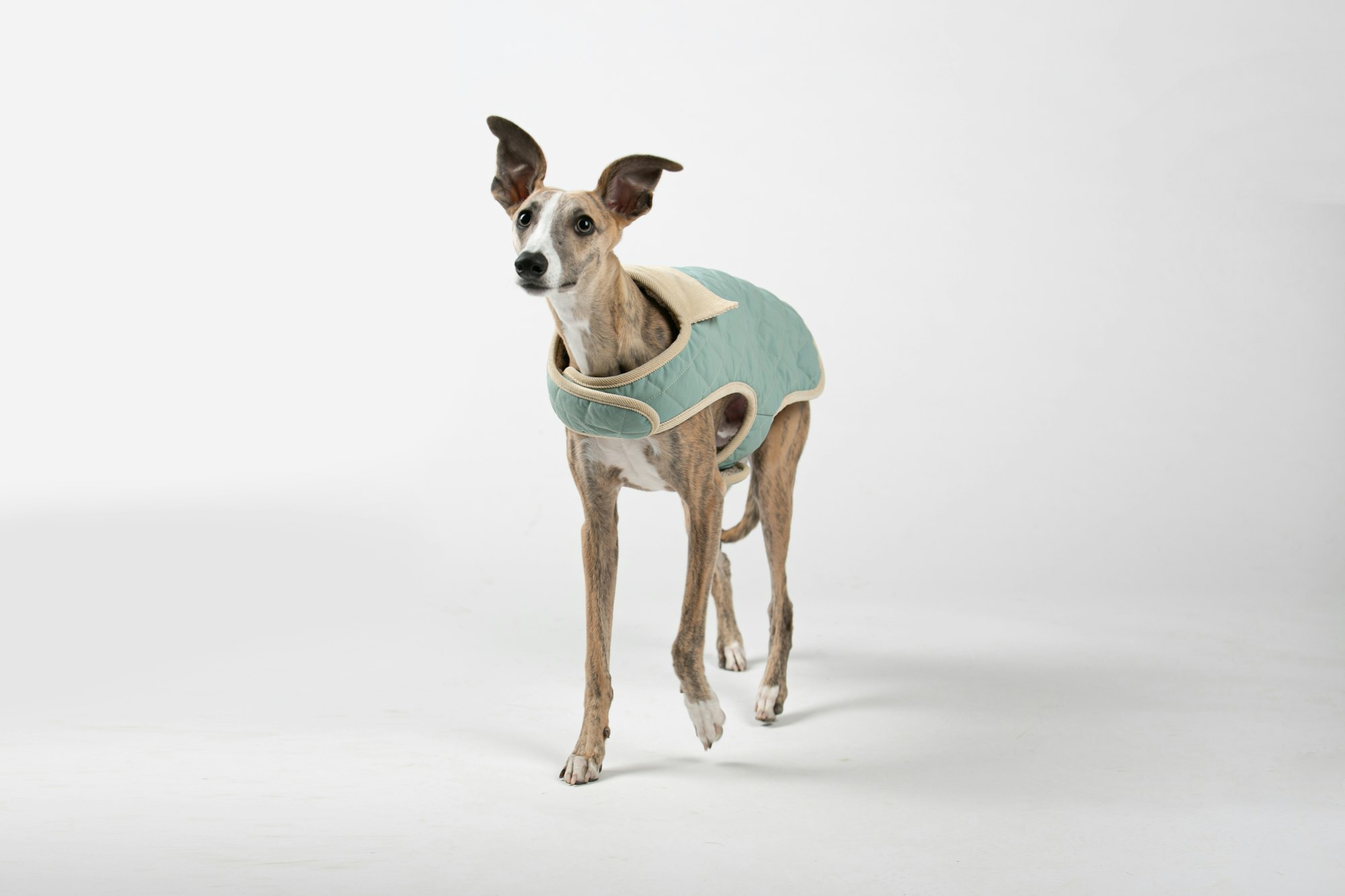
Brachycephalic Breeds:
Dogs with short muzzles, like Bulldogs and Pugs, often experience breathing difficulties. A harness that avoids putting pressure on the neck can be a better choice for these breeds.

Choosing the Right Option:
To determine the most suitable option for your dog, consider the following tips:
- Assess your dog's behavior and training needs. Does your dog tend to pull excessively? Are they easily controlled with a collar?
- Consider your dog's breed and any potential health issues, such as respiratory conditions or neck sensitivity.
- Consult with your veterinarian or a professional dog trainer for personalized advice.
- Experiment with both options by borrowing or renting before purchasing to see which one your dog responds better to.
Some Final Thoughts
Deciding between a harness and a collar for your large dog requires careful consideration of various factors such as safety, comfort, control, and breed-specific characteristics.
While harnesses offer better control and safety, collars may be suitable for well-behaved dogs without any health concerns.
By understanding your dog's needs and consulting with professionals, you can make an informed decision that ensures both your dog's comfort and peace of mind during walks.

FAQ's
1. Which is safer for large dogs: harness or collar?
Harnesses are generally considered safer for large dogs as they distribute the force of pulling or tugging across the body rather than concentrating it on the neck, reducing the risk of injury.
2. Can a collar be used for large dogs during training?
Collars can be used for training, but for larger dogs, harnesses might provide better control and reduce strain on the neck during training sessions.
3. Do harnesses work well for leash pulling in large dogs?
Yes, harnesses offer better control and reduce the risk of injury caused by leash pulling in large dogs by providing a more secure way to manage their movements.
4. Which is more comfortable for large dogs: harness or collar?
Generally, harnesses are more comfortable for large dogs as they don't put pressure on the neck, making them a preferred choice for dogs prone to respiratory issues or those with sensitive necks.
5. Are there specific harnesses designed for large breeds?
Yes, many harnesses are specially designed for larger breeds, offering broader and more padded straps to better distribute weight and reduce strain.
6. Do harnesses discourage pulling in large dogs?
Harnesses can help discourage pulling by providing better control and reducing the dog's ability to use its body weight, making it harder for them to pull excessively.
7. Is a dog collar better for identification purposes in large dogs?
Collars are commonly used for identification purposes due to the ease of attaching tags, but many harnesses now come with ID attachment points for added convenience.
8. Can a harness be left on a large dog all the time?
It's recommended to remove the harness when the dog is indoors or during rest to give their skin and fur a break, preventing potential skin issues and discomfort.
9. Does a dog harness restrict a large dog's movement?
High-quality harnesses are designed to allow a full range of motion, enabling dogs to move comfortably while providing control and security.
10. Which is more suitable for outdoor activities in large dogs: dog harnesses or dog collars?
Harnesses are often preferred for outdoor activities as they offer more control and security, particularly for larger dogs, ensuring they don't slip out or pull excessively during adventures.
Is A Harness Or Collar Better For Large Dogs
Conclusion
When it comes to walking our large furry friends, the question "Is a harness or collar better for large dogs"? This question always seems to arise.
While dog collars have been the go-to option for many dog owners for years, dog harnesses have become increasingly popular in recent times.
Harnesses sit across a dog's chest and have leash attachments in various places, including a front clip harness for better control. On the other hand, collars sit around the neck of the dog and can potentially cause discomfort if the dog pulls.
For larger dogs, it's essential to consider what is best for their overall health and well-being.
For small dogs, the criteria can also change and decide which collar is best. Therefore, knowing whether a dog harness or dog collar will be better for your large dog is vital.
Just a collar around their neck might seem like a practical solution, but have you ever considered trying a body harness instead?
You may want to experiment here and see if it's more suitable for your dog. Not only does it distribute the pressure more evenly across your dog's body, but it also makes loose leash walking much easier to achieve.
Plus, different dog breeds have different needs when it comes to walking, so a harness can be a game-changer for those stubborn pups. That's our recommendation! Give it a try!
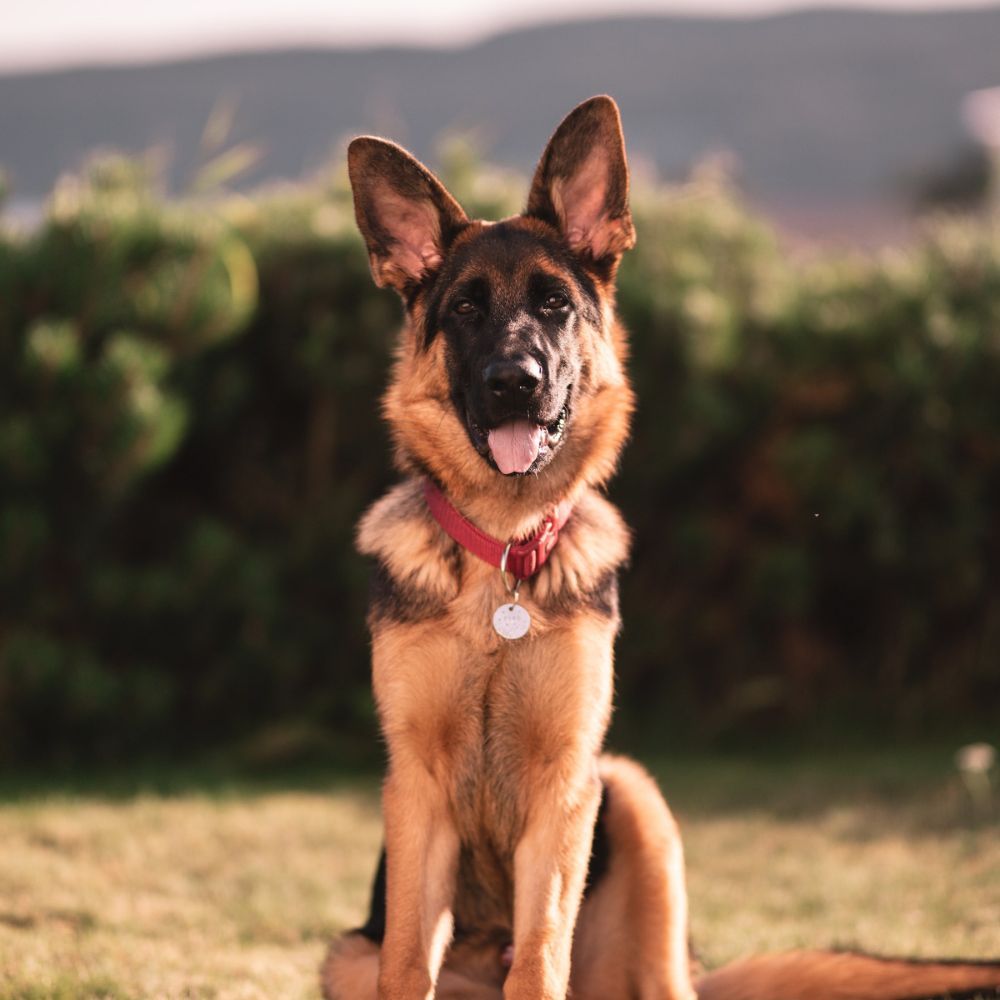






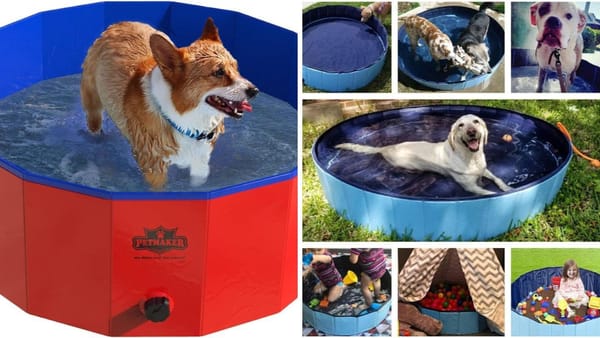

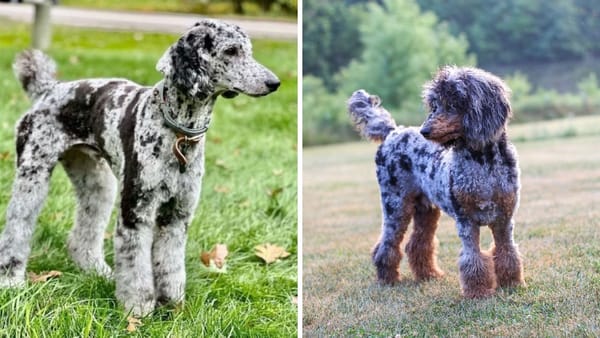
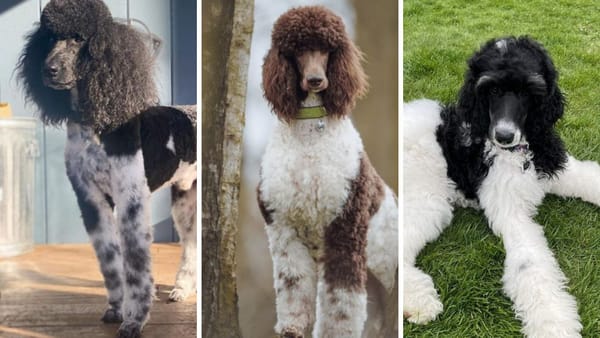

Member discussion